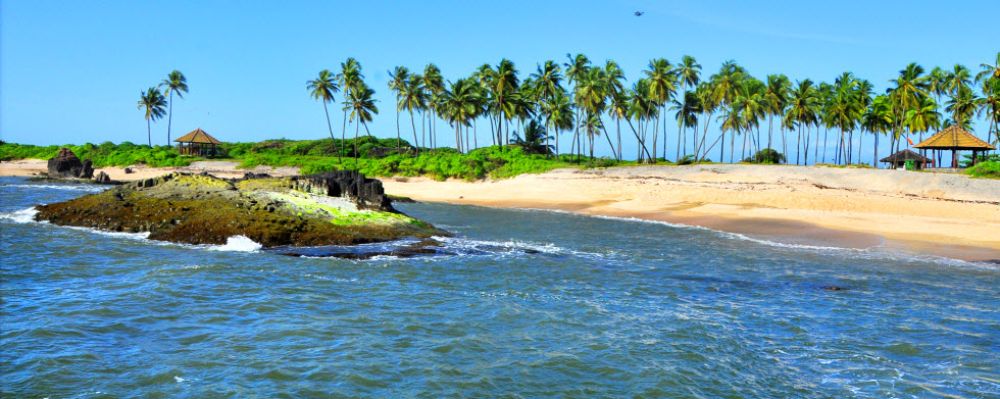

Udupi, a coastal town in the state of Karnataka, India, is renowned for its magnificent temples, pristine beaches, and delectable cuisine. Known as the temple city, it is a hub for spiritual seekers and cultural enthusiasts alike. The history of Udupi's tourism is as rich and diverse as its heritage.
Religious Significance: The town's fame as a pilgrimage center dates back to the 13th century, with the establishment of the Sri Krishna Temple by the saint Madhvacharya, the proponent of the Dvaita philosophy. This temple, with its unique idol of Lord Krishna, attracts thousands of devotees annually, making it a pivotal landmark in Udupi's tourism history.
Colonial Era: During the British Raj, Udupi was a part of the Madras Presidency. While not a focal point for colonial tourism, the area's serene beauty did attract British officials who sought respite from their duties.
Development of Infrastructure: Post-independence, with better roads and improved transportation facilities, Udupi slowly started gaining popularity among tourists. The establishment of educational institutions also brought a diverse set of visitors to the town, contributing to a gradual boost in tourism-related activities.
Temples and Spirituality: Aside from the famous Sri Krishna Temple, the ancient temples of Anegudde Vinayaka Temple, Chandramouleshwara Temple, and the Anantheshwara Temple have been central to Udupi's rise as a tourist destination. These historic sites offer a glimpse into the town's spiritual past and present.
Cultural Festivals: Key to its tourism are the biennial Paryaya Festival and the annual Rathotsava (chariot festival). These festivals showcase Udupi’s rich cultural tapestry and attract pilgrims and tourists from across the world.
Natural Beauty: The pristine Malpe Beach, the serene St. Mary’s Island, and the captivating Kaup Beach have contributed significantly to Udupi's reputation as a scenic coastal destination, with activities like boating, fishing, and beach sports becoming increasingly popular.
With the rise in interest in sustainable and responsible travel, Udupi is also evolving. The region promotes ecological tourism and offers homestays that allow visitors to experience life in a typical coastal Karnataka village. This has become a significant draw for those looking to escape the hustle and bustle of city life.
Digital Footprint: The Udupi District Administration, along with the tourism department, has been increasingly leveraging social media and digital platforms to promote local attractions, making it easier for potential tourists to discover and plan their visits to Udupi’s serene landscapes and historic landmarks.
Culinary Tourism: Udupi's distinct vegetarian cuisine, with its world-famous masala dosa and other unique offerings, has become a focal point for food enthusiasts. The cuisine’s fame has transcended national boundaries, attracting food tourists keen to sample authentic Udupi delicacies.
From religious pilgrimages to beach holidays and cultural explorations, Udupi continues to enhance its offerings as a tourist destination. With a rich history that is deeply intertwined with its attractions, Udupi stands as a testament to the beauty and cultural wealth of Karnataka. As Udupi preserves its traditional roots while adapting to modern tourism trends, it remains a must-visit location for travelers from around the globe.